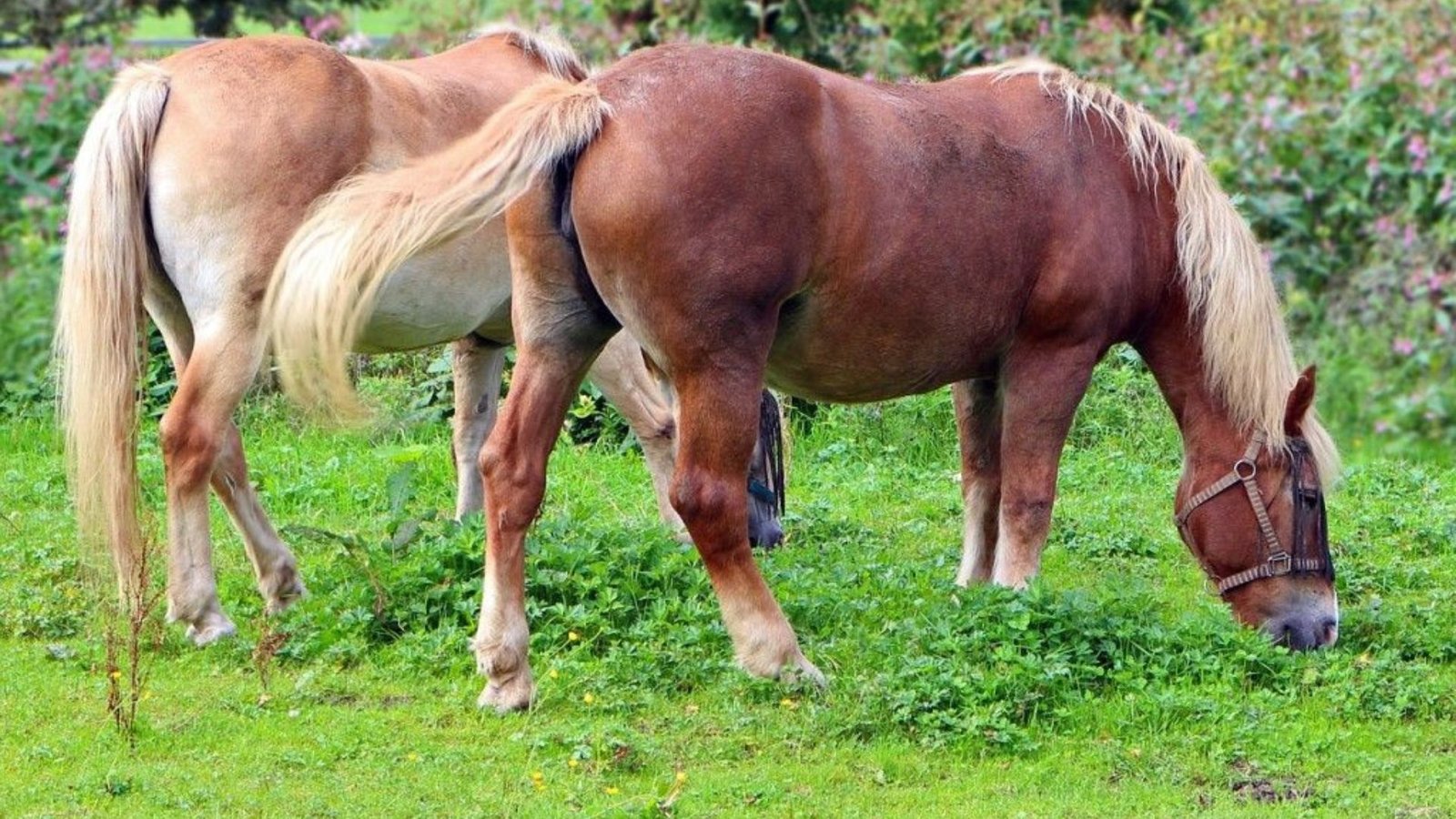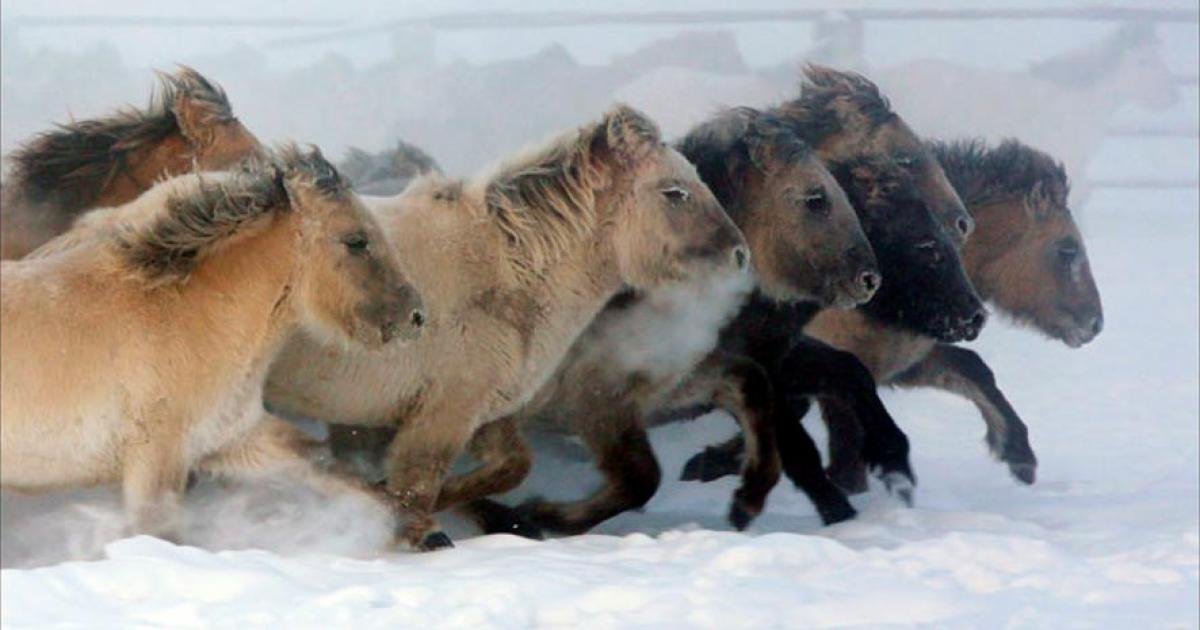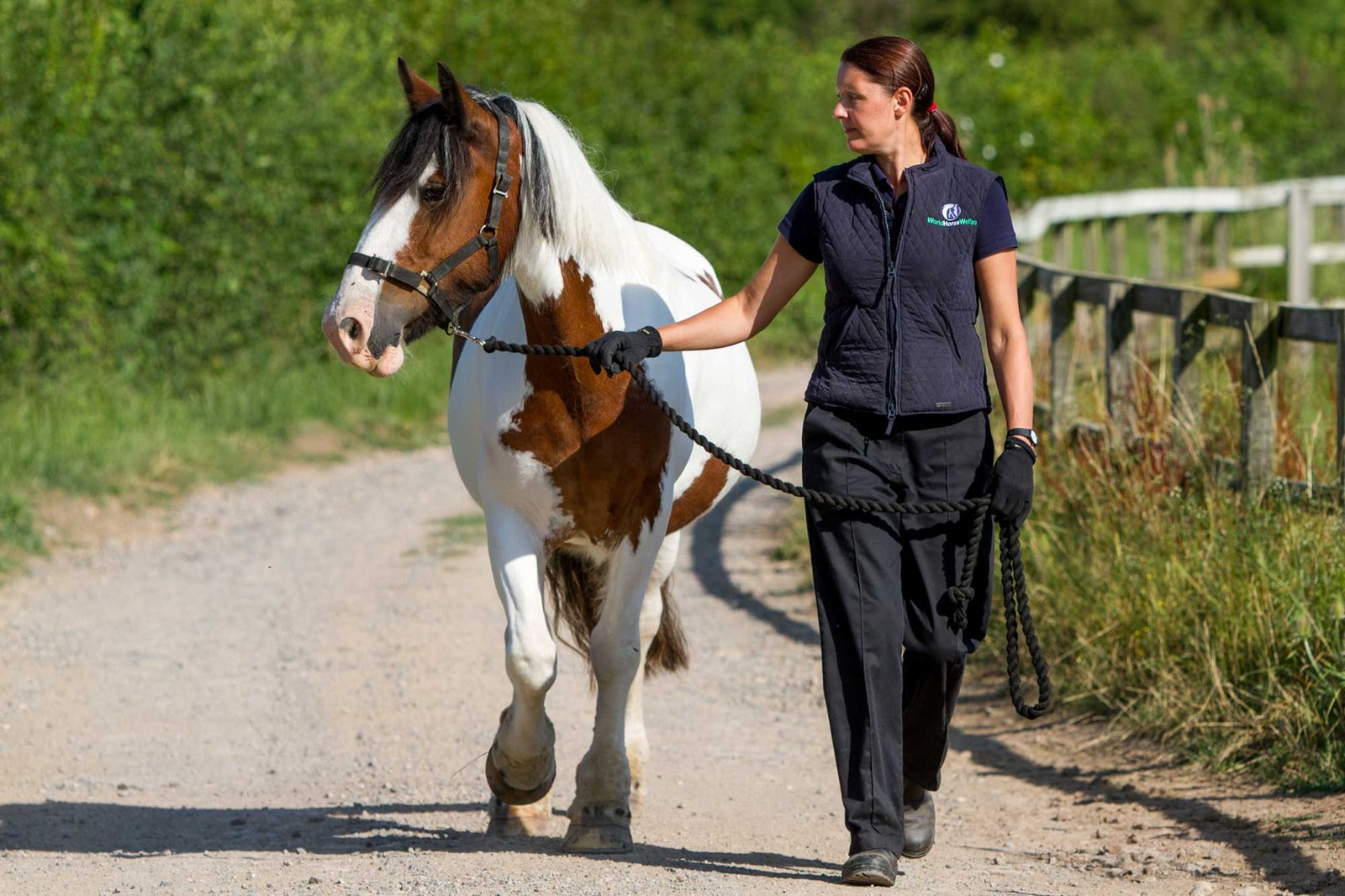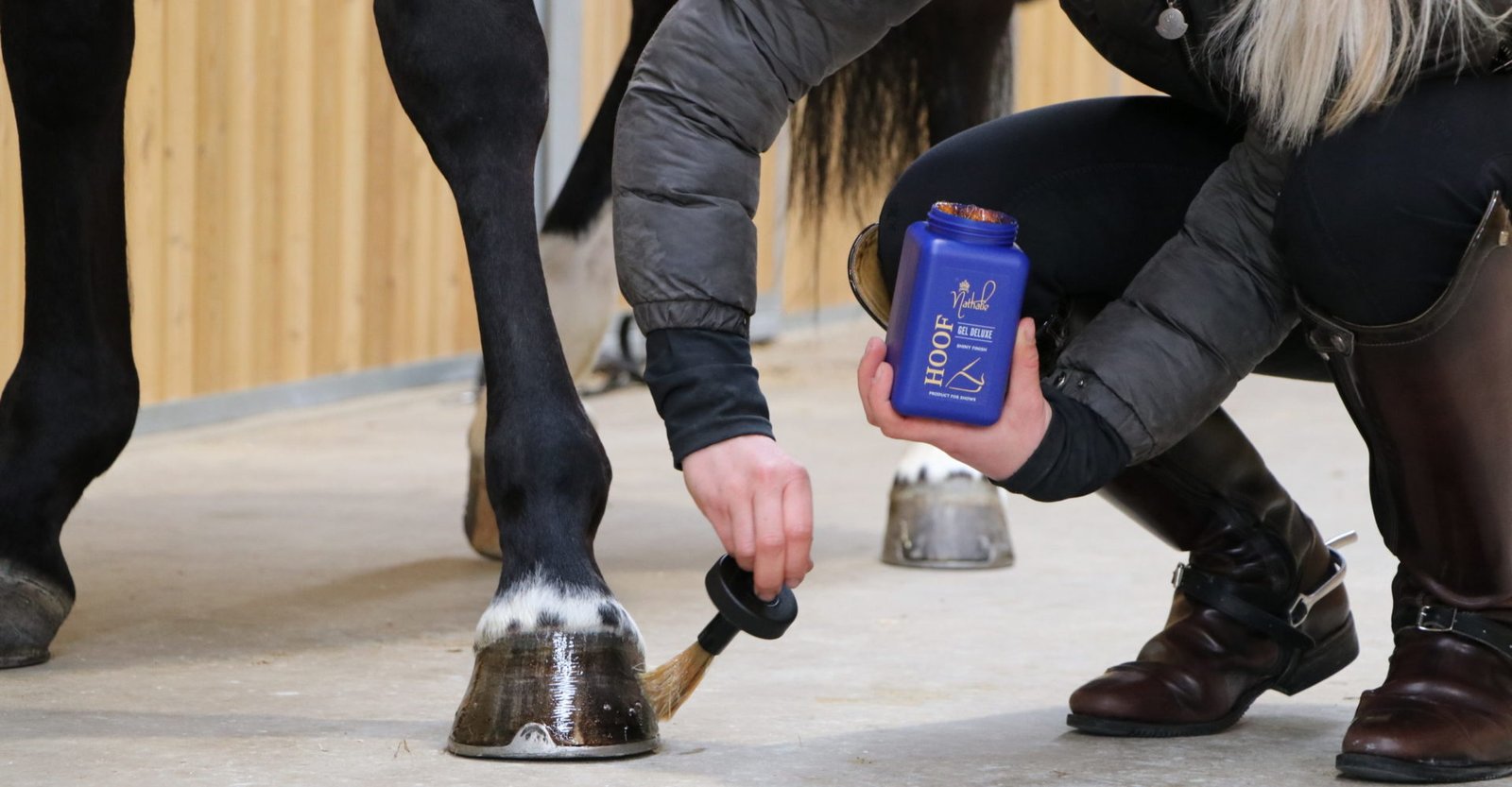Ponies are wonderful companions, known for their intelligence, strength, and charm. However, owning a pony requires commitment and proper care to ensure their health and happiness. If you’re new to pony ownership, this guide will help you understand the essentials of caring for a pony.
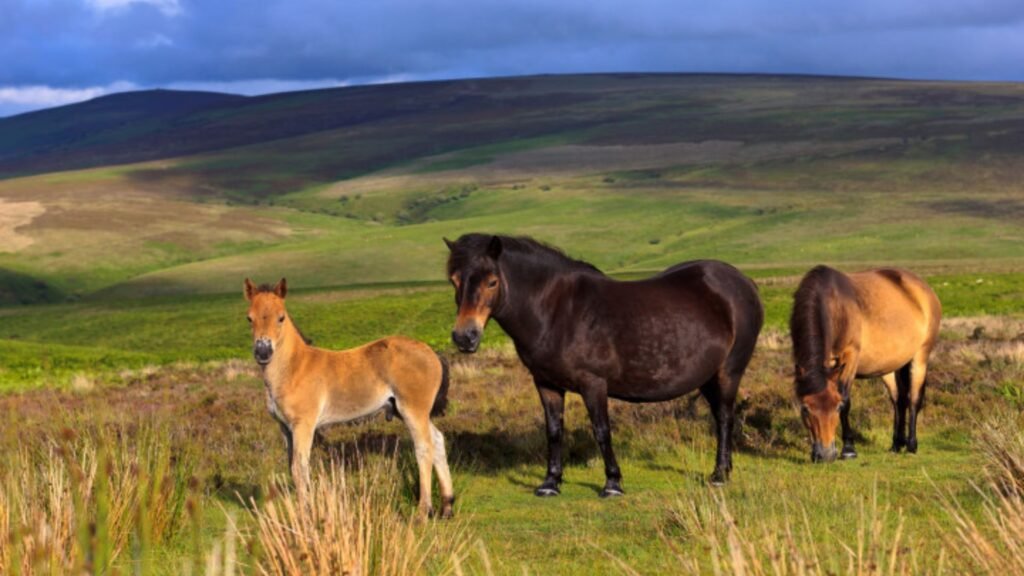
Provide Proper Shelter
Ponies need a safe and comfortable space to live. A well-maintained stable or shelter is crucial for their well-being.
- Stable Requirements: Ensure the stable is spacious, dry, and ventilated. The floor should have soft bedding such as straw, shavings, or rubber mats to provide comfort and prevent injuries.
- Outdoor Space: Ponies thrive with access to pasture where they can graze and exercise. Fencing should be secure and free of sharp edges to prevent injuries.
Feed a Balanced Diet
A proper diet is essential for a pony’s health. Ponies are prone to weight gain, so their diet should be carefully managed.
- Forage First: The primary component of a pony’s diet is forage, such as hay or grass. Ensure the forage is clean and free of mold.
- Supplementary Feeds: In some cases, ponies may need additional nutrients through pony-specific feeds. Always consult a veterinarian before making dietary changes.
- Fresh Water: Ponies need constant access to clean, fresh water. Check their water supply daily and ensure it doesn’t freeze in colder months.
Maintain Regular Exercise
Exercise is vital for a pony’s physical and mental well-being.
- Daily Activity: Allow your pony plenty of time to roam and graze in a secure paddock. Regular movement helps prevent obesity and promotes good digestion.
- Riding and Training: If your pony is used for riding, ensure the workload matches their size, strength, and age. Avoid overworking young or older ponies.
Groom Regularly
Grooming keeps your pony clean and strengthens the bond between you.
- Daily Brushing: Use brushes to remove dirt, debris, and loose hair from their coat. This also helps improve blood circulation.
- Hoof Care: Pick out your pony’s hooves daily to remove dirt, stones, and manure. Regular hoof care prevents infections like thrush.
- Bathing: Ponies rarely need full baths, but you can rinse them occasionally during warm weather. Use equine-friendly shampoo.
Schedule Regular Veterinary Care
Preventative health care is essential to keep your pony healthy.
- Vaccinations: Ponies require vaccinations against diseases like tetanus and equine influenza. Follow your vet’s recommended schedule.
- Deworming: Worm infestations can harm ponies. Work with your vet to develop a deworming program.
- Dental Care: Ponies need dental checkups at least once a year to address issues like sharp teeth or uneven wear.
Provide Proper Hoof Care
Ponies’ hooves grow continuously and need regular attention.
- Farrier Visits: Schedule a professional farrier every 6–8 weeks to trim and maintain your pony’s hooves.
- Watch for Problems: Keep an eye out for cracks, heat, or unusual smells in the hooves, which could indicate infections or injuries.
Monitor Their Weight
Ponies are prone to obesity, which can lead to serious health problems like laminitis.
- Body Condition Scoring: Learn how to assess your pony’s body condition to ensure they are neither overweight nor underweight.
- Control Grazing: Ponies should have limited access to rich grass, especially during spring, to avoid overeating. Using a grazing muzzle or restricting turnout time can help.
Keep Their Mind Active
Ponies are intelligent and benefit from mental stimulation.
- Training and Games: Teach your pony simple commands or tricks to keep them engaged. Groundwork exercises can also build trust and discipline.
- Toys and Interaction: Provide equine-safe toys or spend time with your pony to keep them entertained and reduce boredom.
Be Prepared for Seasonal Changes
Ponies require special care during extreme weather conditions.
- Winter: Provide extra forage to help them stay warm. Use a waterproof blanket if your pony struggles to maintain body heat.
- Summer: Offer shade, fresh water, and fly protection. Consider using fly sprays or masks to keep pests away.
Build a Bond with Your Pony
Caring for a pony isn’t just about meeting their physical needs. Building trust and a strong bond is equally important.
- Spend Time Together: Regular interaction helps your pony feel comfortable around you.
- Positive Reinforcement: Use treats and praise to encourage good behavior during training sessions.
Conclusion
Caring for a pony requires dedication, patience, and knowledge. By providing proper shelter, nutrition, exercise, and medical care, you can ensure your pony lives a healthy and happy life. Remember to spend quality time with your pony, as the bond you share will be one of the most rewarding aspects of ownership.







